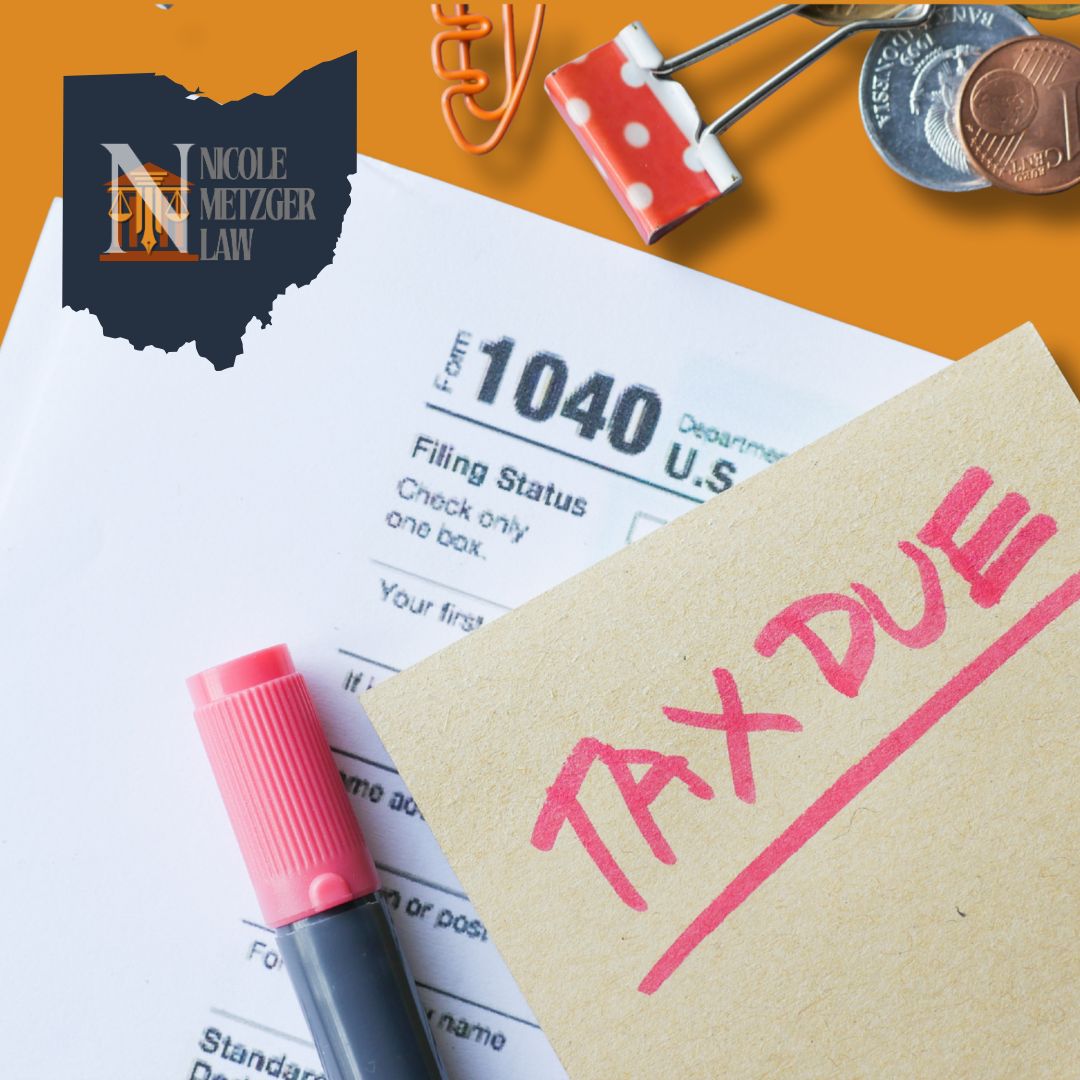Owing money to the IRS is stressful — especially when you’re already juggling other debts or financial setbacks. If you live in Northern Ohio, and you’re wondering whether bankruptcy could help clear your tax debt, you’re not alone. It’s one of the most common — and most confusing — questions people ask when they’re considering filing.
The good news? In some cases, bankruptcy can reduce or even eliminate IRS debt. The catch? It has to meet very specific criteria. Here’s a breakdown of what that means — in plain English.
Not All Tax Debts Are the Same
First, let’s clarify something: “Tax debt” isn’t one-size-fits-all. The IRS collects many types of taxes, and not all of them are eligible for discharge in bankruptcy.
Here’s how it typically breaks down:
Type of Tax |
Usually Dischargeable? |
|---|---|
| Personal income tax | ✅ Sometimes, if specific rules are met |
| Payroll taxes (e.g., for business owners) | ❌ No |
| Tax penalties for fraud | ❌ No |
| State income taxes (like Ohio’s) | ✅ Sometimes, with similar rules to IRS debt |
| Property taxes | 🚫 Not usually, unless very old |
So when people ask if bankruptcy can “wipe out tax debt,” what they usually mean is income tax debt — and that’s where we’ll focus.
The “3-2-240” Rule: When Income Tax Debt Can Be Discharged During Bankruptcy
To qualify for discharge (meaning the debt is erased), your IRS income tax debt needs to meet all of the following conditions:
-
The return was due at least 3 years ago.
For example, taxes for the 2020 tax year (due April 2021) wouldn’t be eligible for discharge until at least April 2024. -
You filed the return at least 2 years ago.
If you filed late — say, in 2023 for a 2020 return — the clock starts from when you actually filed. -
The IRS assessed the debt at least 240 days ago.
This means the IRS formally calculated what you owed more than 240 days before you filed for bankruptcy. -
You didn’t commit fraud or willful tax evasion.
Honest mistakes or financial hardship are one thing. But if the IRS believes you deliberately misrepresented your income or expenses, that debt won’t be dischargeable. -
The debt is from a filed return.
If the IRS filed a substitute return on your behalf (because you didn’t file), that debt usually won’t qualify.
If you meet these requirements, that portion of your IRS debt may be cleared in a Chapter 7 bankruptcy, or reorganized and partially paid through Chapter 13.
What If My Tax Debt Doesn’t Qualify?
Even if your tax debt doesn’t meet the criteria above, filing for Chapter 13 bankruptcy can still be helpful.
Chapter 13 works like a structured repayment plan — you make monthly payments to a bankruptcy trustee over 3–5 years. This can:
- Pause IRS collections (including wage garnishments and bank levies)
- Stop additional interest and penalties from piling up
- Allow you to repay IRS debt on better terms
It won’t erase the debt if it’s not eligible for discharge, but it can give you much-needed time and flexibility.
Tip: The IRS is aggressive — but bankruptcy is one of the few legal tools that puts them on pause. If you’re losing sleep over tax debt, even a partial solution can offer major relief.
What About Ohio State Tax Debt?
Ohio follows similar rules when it comes to income tax debt. If you owe state taxes to the Ohio Department of Taxation, those debts may also qualify for discharge — but again, only if they meet the 3-2-240 test and are based on a legitimate return that you filed.
Other types of state taxes, like sales tax or withholding tax for business owners, are almost never dischargeable.
So… Is Bankruptcy the Right Move?
It depends. Bankruptcy isn’t right for everyone — but it’s also not the “last resort” it’s often made out to be.
Here are some signs it might be worth exploring:
- You’ve fallen behind on taxes and other debt like credit cards, loans, or medical bills
- The IRS is threatening garnishment or already levying your bank account
- You’re overwhelmed trying to juggle IRS payments with everyday expenses
- You’ve tried to work with the IRS but can’t keep up with the terms
A bankruptcy filing can give you a fresh start or at least a structured path forward. Even if your tax debt can’t be discharged, bankruptcy can still stop the bleeding and put you back in control.
Don’t Try to Navigate Tax Debt and Bankruptcy Alone
If you’re in Medina, Brunswick, Wadsworth, or anywhere in Northern Ohio, and you’re staring down IRS letters, interest, or garnishments, you don’t have to guess your way through it.
Working with an experienced bankruptcy attorney means you’ll get:
- A full review of your tax records and timelines
- Help understanding if your IRS or Ohio tax debt qualifies
- A clear explanation of your options — from bankruptcy to alternative solutions
- Guidance through every step of the process, so nothing slips through the cracks
Let’s Talk About Your Options
Tax debt doesn’t have to haunt you forever. Whether you’re just starting to fall behind or already feeling underwater, we’ll help you find the best way forward.
Ready to find out if bankruptcy can help with your IRS debt?
Contact Nicole Metzger Law today to schedule your consultation. We’re proud to serve Medina and the surrounding Northern Ohio communities with thoughtful, personalized support.

